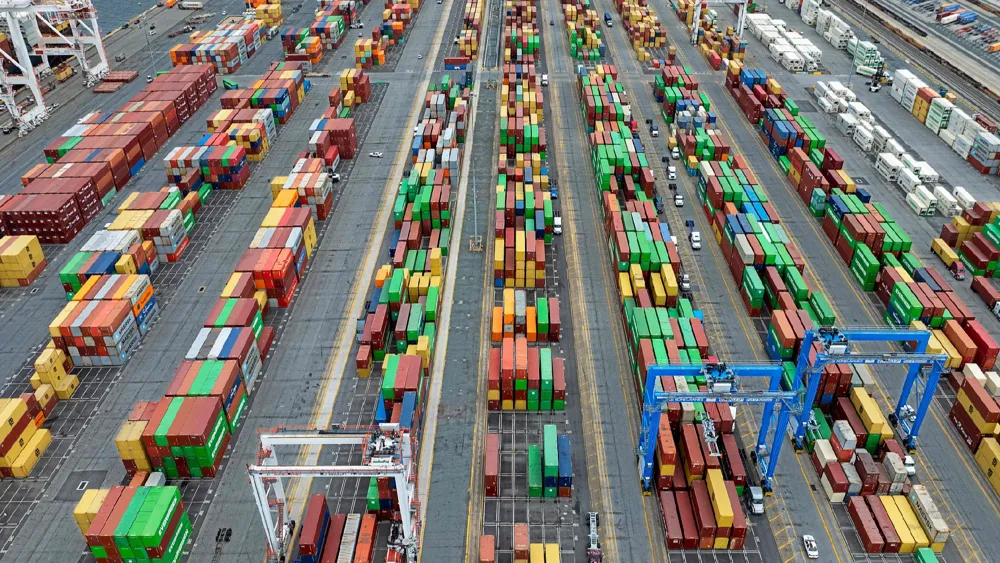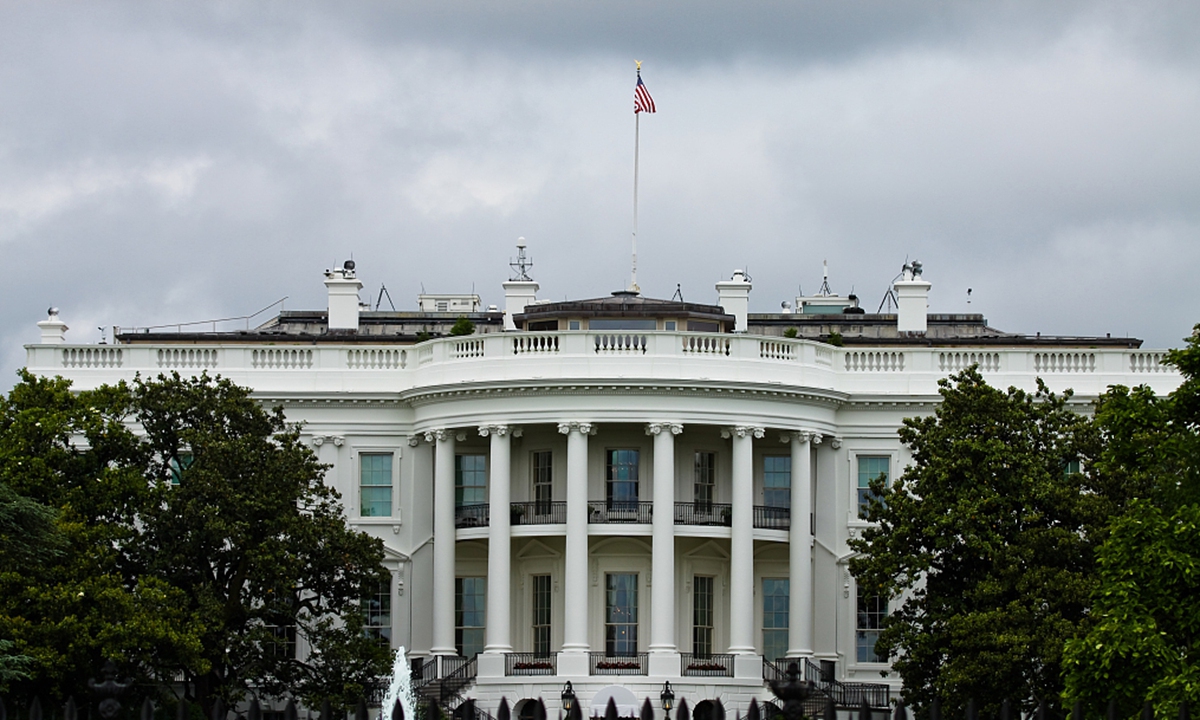High Tariffs Drive US Further Away from Global Economy

The imposition of high tariffs by the United States is creating notable trade tensions, which in turn compel international partners to explore alternative trade avenues. This development underscores a growing need for enhanced global cooperation amidst increasing protectionism.
Historically, the Bretton Woods Conference in 1944 established a multilateral economic order underpinned by a 'rules first' philosophy that was predominantly led by the US. However, current tariff policies reflect a shift towards unilateralism and hegemonism, which disrupts established international norms and undermines multilateral collaboration, thereby posing a threat to the foundational principles of global trade.
The administration's aggressive tariff policy has sparked widespread dissatisfaction among trading partners, prompting retaliatory measures. Key allies have initiated boycotts of American products, while several nations have invoked the World Trade Organization's dispute resolution mechanisms to challenge the legality of US tariff practices, citing violations of fundamental trade rules such as the principle of most-favored-nation treatment.
As the US engages in contentious negotiations over tariffs, a shift toward a new economic framework characterized by heightened protectionism is becoming evident. This transition complicates the integrative processes of international trade and supply chains, inciting uncertainty and instability across various financial markets, including stocks, bonds, and foreign exchange.
Despite theoretical assumptions that tariffs would decrease US import demand and bolster the dollar, the reality suggests otherwise. The dollar's relative weakness against other currencies indicates that these tariffs may inflict more harm on the US economy than on its competitors, further increasing vulnerability in the American economic landscape.
International sentiments are shifting notably, as illustrated by reports from Japanese media and European officials citing a reduction in US trade dominance. As countries seek to forge new alliances and markets in the wake of US tariff policies, we see an emerging trend of diversification away from American markets.
Countries are tentatively engaging with the US to navigate the immediate trade crisis while simultaneously forging stronger ties among themselves through agreements that challenge US prominence. Transactions such as the EU-Mercosur deal and the Regional Comprehensive Economic Partnership highlight this movement, revealing a desire to dilute American influence.
Global manufacturers are increasingly sourcing away from the US, steering their operations towards more reliable, rule-based trading blocs like the EU, ASEAN, or BRICS. This shift indicates a strategic reorientation that risks sidelining the US from vital global supply chains and manufacturing networks.
The repercussions of retaliatory tariffs and alternative trade relationships signal a growing discontent, as trading partners express diminished trust in the US's role as a stable economic collaborator. Continued aggressive stances from Washington could isolate the American market, weaken its strategic position in global value chains, and ultimately transform trade from a source of economic strength into a potential burden.
Read These Next

Corporate Stability in Dynamic Markets: A Cautionary Take
This commentary analyzes a company's recent report on stability in share capital and issued shares. It explores the implications for market engagement, regulatory compliance, and potential risks and growth strategies for institutional investors.

Starbucks Boosts Hospitality to Counter Sales Slump
Starbucks actively enhances customer experience through its 'Green Apron Service' strategy amid declining sales, striving to balance efficiency with personalized service in a competitive market.

Taiwan Faces Sarcasm as US 20 Percent Tariff Squeezes Economy
The White House's 20% tariff on Taiwan exports stirs debate, sparking concerns over economic stability and competitiveness.
